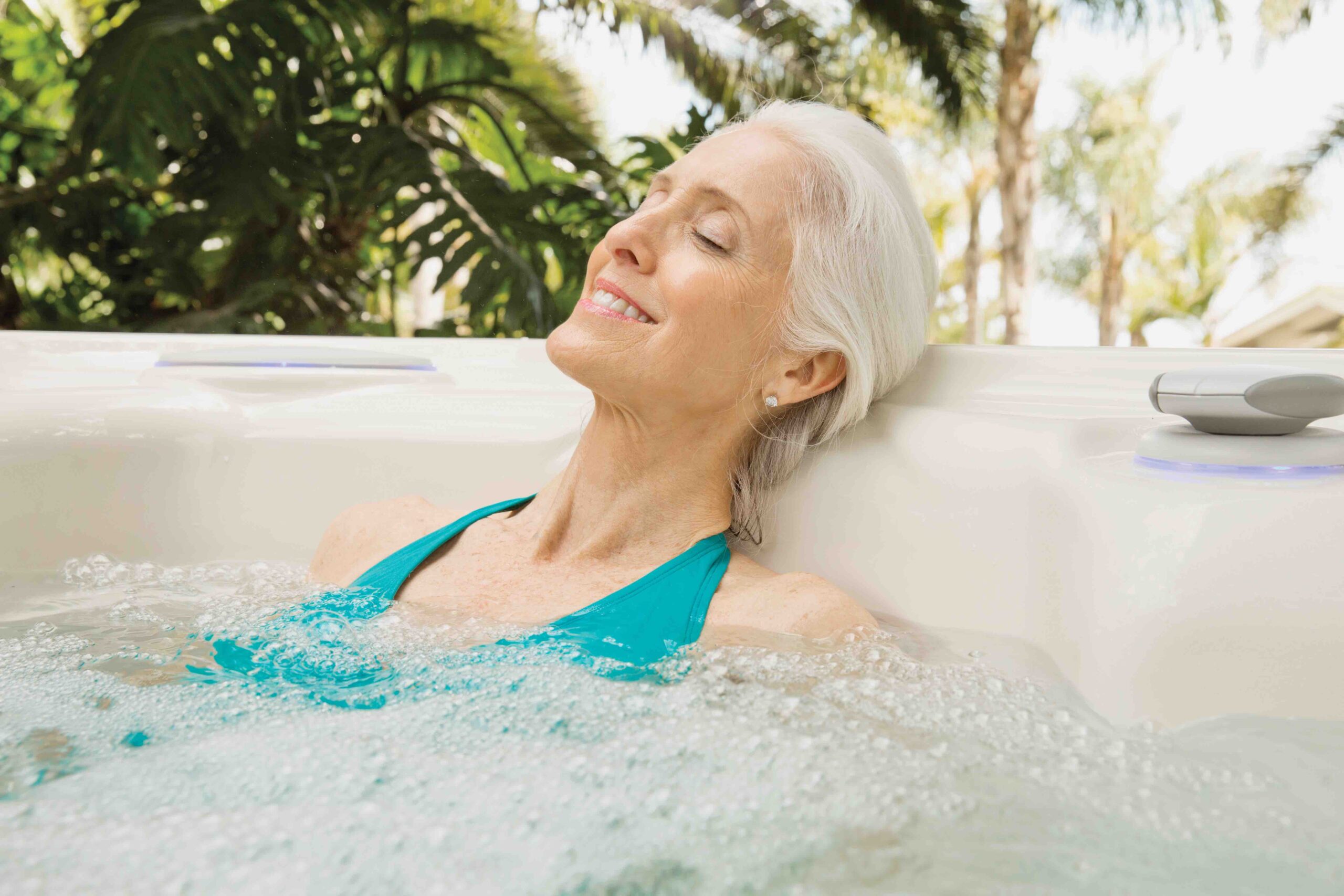
New Hot Tub Health Benefits Revealed

Body systems naturally flow better in water.
Scientific researchers are confirming what hot tub users have known for years: Soaking or exercising in water is good for blood, bones, brain, muscles, joints, kidneys and other physical systems because its special properties offer a different experience from the dry life.
Dr. Bruce Becker, Director of Aquatic Health Benefit Research at the National Swimming Pool Foundation, and advocate of water therapy, compiled a catalog of new studies and yet-to-be studied positive effects in the April 2013 edition of Aqua magazine. Becker says that some medical professionals such as physical therapists and orthopedists are becoming more aware of the benefits, although doctors who specialize in the heart and respiration are not yet as well informed. A project in China to build more rehabilitation hospitals includes water therapy facilities for the patients.
Many of the advantages flow from the fact that water is denser than the human body, which is why you float – you actually weigh less – in the tub. Among other things, that means better results with less impact for people with joint problems who exercise in water.
Even without exercise, just sitting or reclining in the tub is good for you. The density of the water puts pressure on your skin and the blood vessels underneath, pushing blood into your chest and helping the blood vessels relax. That means there’s more blood for your heart to pump with each contraction, which improves circulation more efficiently than increasing the heart rate.
More blood in the chest cavity plus the pressure of water also means you’re doing 60 percent more work to fill your lungs with air, which helps strengthen your breathing muscles and build endurance. That’s why track athletes see improvement in their performance after they spent time in the water.
Water conducts heat and cold four times as much as your body and 25 times as much as air, which is why 72-degree water feels much colder than 72-degree air. That means you can increase or decrease the blood flow to different parts of the body more effectively with water, just as you might use ice to reduce swelling.
Studies have shown that immersion in neutral or warm water reduces blood pressure, although the long-term effects have not yet been researched. Some studies show dramatic improvement after aquatic therapy for patients with mild to moderate heart failure. Also aquatic exercises increase muscle blood flow.
Becker believes exercise in water could delay the body’s automatic response to fatigue, which triggers moving blood from extremities, although the hypothesis has not yet been studied. Also, time in the tub might lubricate the joints by increasing synovial fluid production, which would explain the improvement that arthritis patients report.
Soaking, as you’ve probably noticed, improves kidney efficiency by increasing renal blood flow and altering renal hormones. More blood flow to the brain increases relaxation and reduces pain sensation, and it might even improve balance and sleep patterns.
While more research is needed in some specific areas, the evidence is that soaking or exercising in the hot tub can benefit everyone from elite athletes to people with chronic diseases. Tubbing makes you feel good all over, inside and out.
Health through Water, or as the Romans said: Sanum per Aqua.
MORE...






